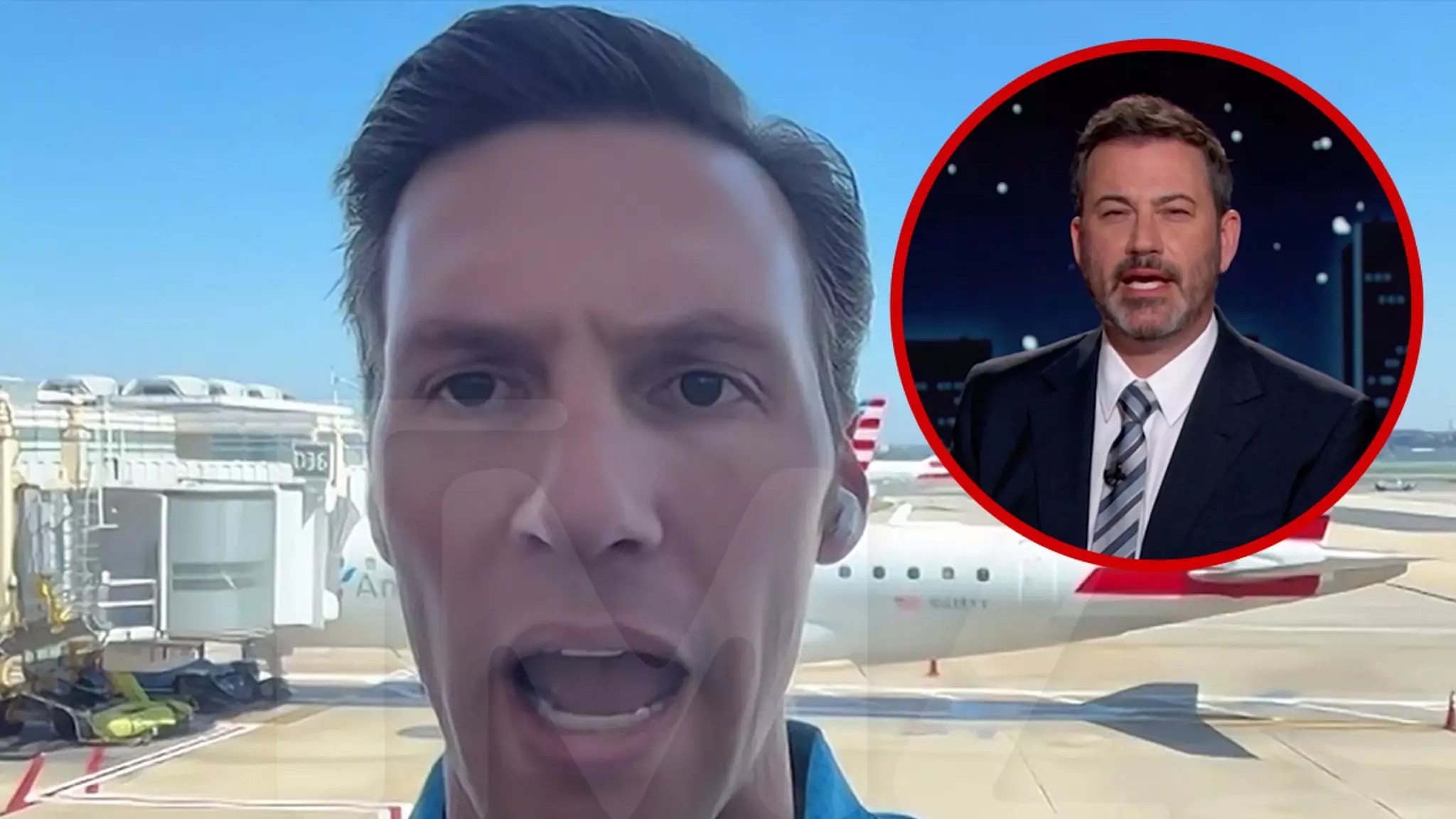In an era marked by intense political polarization and societal upheavals, the boundaries of free speech are continually tested. The recent controversy surrounding Jimmy Kimmel’s removal from ABC spotlights a fundamental question: Should entertainment and media platforms police the speech of their personalities, or should they serve as unwavering facilitators of open dialogue? While some argue that private companies have the right to impose their standards, this case exposes the perilous line between responsible moderation and unjust censorship. The core of this debate revolves around the First Amendment, which champions free expression as a cornerstone of American democracy. Yet, in practice, corporations and government agencies often act as gatekeepers, wielding power that can suppress dissent under the guise of maintaining order or protecting public morals.
The Power Dynamics of Corporate Censorship
ABC’s decision to bench Jimmy Kimmel, following FCC pressure, reveals a disturbing trend of corporate capitulation to political influence. This incident underscores the dangerous influence external authorities, like the FCC, can exert over private media outlets. Far from being neutral arbiters, these agencies often align with prevailing political currents, narrowing the space for controversial or unpopular opinions. In this case, Kimmel’s comments about Charlie Kirk’s murder, which were deemed inappropriate by some, triggered immediate backlash—highlighted by FCC Chairman Brendan Carr’s involvement. The swift removal of Kimmel underscores a shifting power dynamic: media companies are increasingly vulnerable to external pressure, risking the suppression of necessary societal debates in favor of perceived ‘public decency.’ Such actions threaten the very essence of free speech, risking turning entertainment platforms into echo chambers that silence unpopular voices.
Balancing Responsibility and Freedom in Public Discourse
Freedom of speech does not grant immunity from criticism or accountability; rather, it calls for personal responsibility. Jimmy Kimmel, as a public figure, must recognize that his words have impact. While his comments may have crossed personal boundaries or been poorly timed, the solution should not be censorship but rather open debate. Public figures wield influence, and they must do so with awareness of the consequences of their rhetoric. However, the tendency to silence dissent through administrative means erodes Public Discourse, replacing it with curated narratives controlled by corporate interests or government oversight. What is truly troubling here is the notion that speech should be dictated by subjective standards or political convenience, which ultimately betrays the foundational American value of free expression.
The Broader Implications for Democracy
The handling of Kimmel’s situation epitomizes a broader threat: the erosion of the robust exchange of ideas essential for a healthy democracy. When voices are silenced, whether through corporate decisions or governmental intervention, society loses a vital mechanism for challenging power, exposing injustice, and fostering understanding. The outrage over Kimmel’s comments, coupled with the swift response to remove him, demonstrates that the boundaries of acceptable speech are being redrawn under the influence of polarized interests. Moreover, his defenders’ rallying cry—emphasizing the importance of constitutional protections—reminds us that safeguarding free speech requires vigilance, especially when corporations or political entities are bent on curating acceptable narratives. The fight to maintain an open forum must be fueled not just by legal protections but by a collective commitment to uphold the principles of free and responsible expression.







Leave a Reply